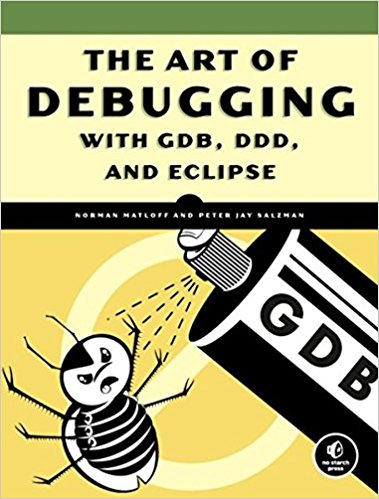The Art of Debugging Software
Introduction
Debugging is an essential skill for any software developer. It involves the process of identifying, locating, and fixing errors or bugs in software code. While debugging can be a tedious and time-consuming task, mastering the art of debugging can significantly improve your efficiency and effectiveness as a developer.
Understanding the Debugging Process
- Reproduce the Bug:
- Isolate the Issue: Narrow down the specific conditions that trigger the bug.
- Create a Minimal Reproducible Example: Simplify the code to highlight the core problem.
- Identify the Root Cause:
- Examine the Code: Carefully review the code for logical errors, syntax mistakes, or incorrect algorithm implementations.
- Use Debugging Tools: Employ debuggers to step through code execution, inspect variables, and set breakpoints.
- Analyze Logs and Error Messages: Scrutinize log files and error messages for clues about the issue.
- Fix the Bug:
- Implement the Solution: Correct the error or implement the necessary changes to the code.
- Test the Fix: Thoroughly test the modified code to ensure the bug is resolved and no new issues are introduced.
- Learn from the Experience:
- Document the Bug: Record the bug, its cause, and the solution for future reference.
- Analyze the Root Cause: Identify any systemic issues that may have contributed to the bug.
- Improve Coding Practices: Learn from the experience to prevent similar bugs in the future.
Effective Debugging Techniques
- Logging:
- Use logging statements to track the execution flow and variable values.
- Employ different log levels (e.g., debug, info, warning, error) to control the amount of information logged.
- Debugging Tools:
- Debuggers: Step through code execution, inspect variables, and set breakpoints.
- Profilers: Analyze performance bottlenecks and identify areas for optimization.
- Linters: Detect potential errors and style issues in code.
- Test-Driven Development (TDD):
- Write tests before writing code to ensure correctness and prevent regressions.
- Rubber Duck Debugging:
- Explain the problem to a rubber duck or another person to gain clarity and identify solutions.
Common Debugging Challenges and Solutions
- Intermittent Bugs:
- Use logging and debugging tools to capture the specific conditions that trigger the bug.
- Employ techniques like randomized testing to increase the likelihood of reproducing the issue.
- Heisenbugs:
- Isolate the bug by simplifying the code and minimizing external factors.
- Use debugging tools to step through the code and inspect variables.
- Performance Issues:
- Use profiling tools to identify performance bottlenecks.
- Optimize algorithms and data structures.
- Minimize unnecessary computations and I/O operations.
Conclusion
Debugging is an essential skill that requires patience, persistence, and a systematic approach. By understanding the debugging process, employing effective techniques, and learning from experience, developers can become proficient debuggers and deliver high-quality software.
References:
- The Pragmatic Programmer: From Journeyman to Master by Andrew Hunt and David Thomas
- Code Complete: A Practical Handbook of Software Construction by Steve McConnell
- Clean Code: A Handbook of Agile Software Craftsmanship by Robert C. Martin
- Debugging Techniques by John Robbins
- Debugging Applications for Microsoft .NET Framework 4.5 by John Robbins
By following these guidelines and leveraging the recommended resources, you can enhance your debugging skills and become a more effective software developer.



